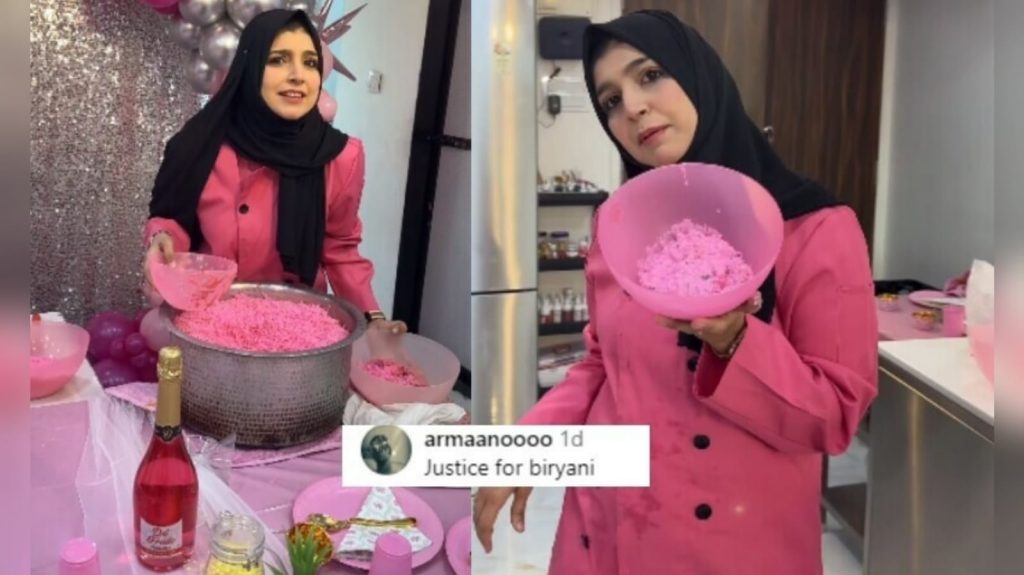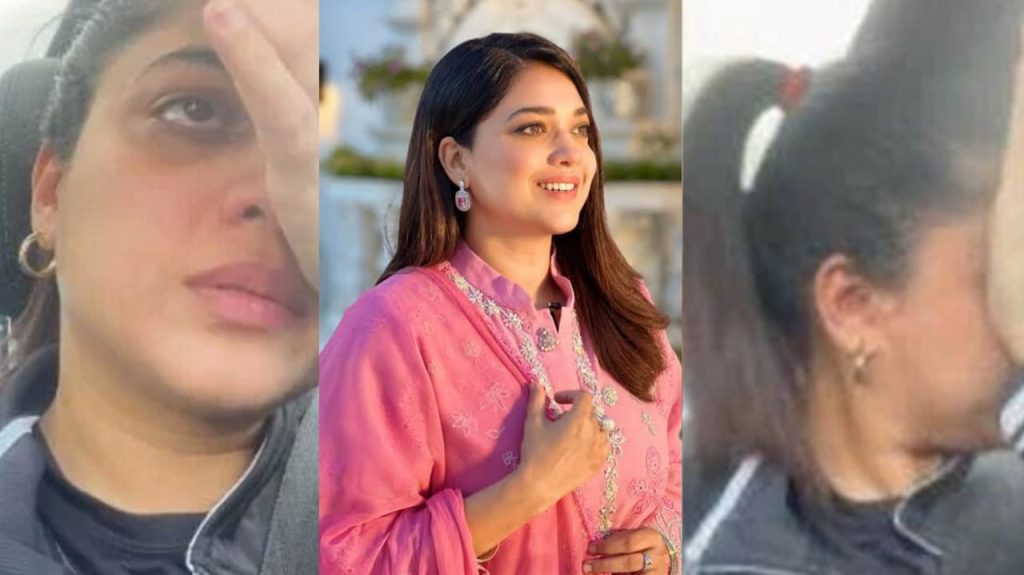In the blessed month of Ramadan, we try to cover our best times to attain maximum sawab in a very short time period. Where it was difficult for us to read a single page of Quran, we start reciting a whole juz of Quran in a day. Due to a very busy schedule, we usually miss our Sunnah prayers, but in Ramadan, we offer Taraweeh as well.
Among other acts of worship, the one which is legislated upon us by Almighty Allah is dua – supplication. In every difficulty, the first thing which comes to our mind is to make dua from Allah. As mentioned in Quran that,
And when My servants ask you, [O Muhammad], concerning Me – indeed I am near. I respond to the invocation of the supplicant when he calls upon Me. So let them respond to Me [by obedience] and believe in Me that they may be [rightly] guided.
(Surah Baqra, verse 186)
Indeed there are some situations in which our supplications are accepted promptly. According to authentic hadiths, the Holy Prophet (PBUH) has told us about some specific timings of Ramadan in which any dua can be heard.
Best Times When Duas Accepted:
1. At The Time Of Iftaar



Source: Time
This is the time when you are hungry and thirsty and for the sake of Allah, you have forbidden yourself from eating, it softens your heart. It is the time that you are truly humble and make dua with a sincere heart. HHow could Almighty Allah not listen to that? As it has been told in hadith that,
Abu Hurairah narrated that: The Messenger of Allah said: “There are two joys for the fasting person: the joy when he breaks his fast, and the joy of when he meets his Lord.”
(Jami at-Tirmidhi, Book 2 hadith 766)
2. The Last Third Of The Night



Source: Medium
This time is also known as “tahajjud” when nobody could wake up unless he has some genuine or sincere desire.
Narrated Abu Huraira: Allah’s Apostle (PBUH) said, “Our Lord, the Blessed, the Superior, comes every night down on the nearest Heaven to us when the last third of the night remains, saying: “Is there anyone to invoke Me, so that I may respond to invocation? Is there anyone to ask Me, so that I may grant him his request? Is there anyone seeking My forgiveness, so that I may forgive him?”
(Sahih Bukhari, Book 21 hadith 246)
Another Hadith is,
Narrated Nafi: Ibn ‘Umar said, “In the lifetime of the Prophet I dreamt that a piece of silk cloth was in my hand and it flew with me to whichever part of Paradise I wanted. I also saw as if two persons (i.e. angels) came to me and wanted to take me to Hell. Then an angel met us and told me not to be afraid. He then told them to leave me. Hafsa narrated one of my dreams to the Prophet and the Prophet said, “Abdullah is a good man. Would that he offer the night prayer (Tahajjud)!” So after that day ‘Abdullah (bin ‘Umar) started offering Tahajjud.
(Sahih Bukhari, Book 21 hadith 255)
3. The Night Of Qadr



Source: Five Pillars of Islam
Prophet Muhammad (PBUH) asked his believers to find Laylatul Qadr in the last odd days of Ramadan. Since only Allah knows that which night is the most blessed one, we have been commanded to make duas on 21, 23, 25, 27, and 29th of Ramadan. The supplications of these nights are always accepted.
Narrated Abu Huraira: The Prophet said, “Whoever established prayers on the night of Qadr out of sincere faith and hoping for a reward from Allah, then all his previous sins will be forgiven; and whoever fasts in the month of Ramadan out of sincere faith, and hoping for a reward from Allah, then all his previous sins will be forgiven.”
(Sahih Bukhari, Book 2 hadith 34)
4. During The Whole Month Of Ramadan



Source: CGTN America
Certainly, the whole month of Ramadan is the month of blessing as the Last Prophet (PBUH) of Allah has said in this hadith,
Narrated Abu Huraira: I heard Allah’s Apostle saying regarding Ramadan, “Whoever prayed at night in it (the month of Ramadan) out of sincere Faith and hoping for a reward from Allah, then all his previous sins will be forgiven.”
(Sahih Bukhari, Book 32 hadith 226)
May this Ramadan Almighty Allah accept our prayers, Ameen!
Read Also: 10 Lessons Of Ramadan For The 1st Ashra Of Blessings And Mercy!















